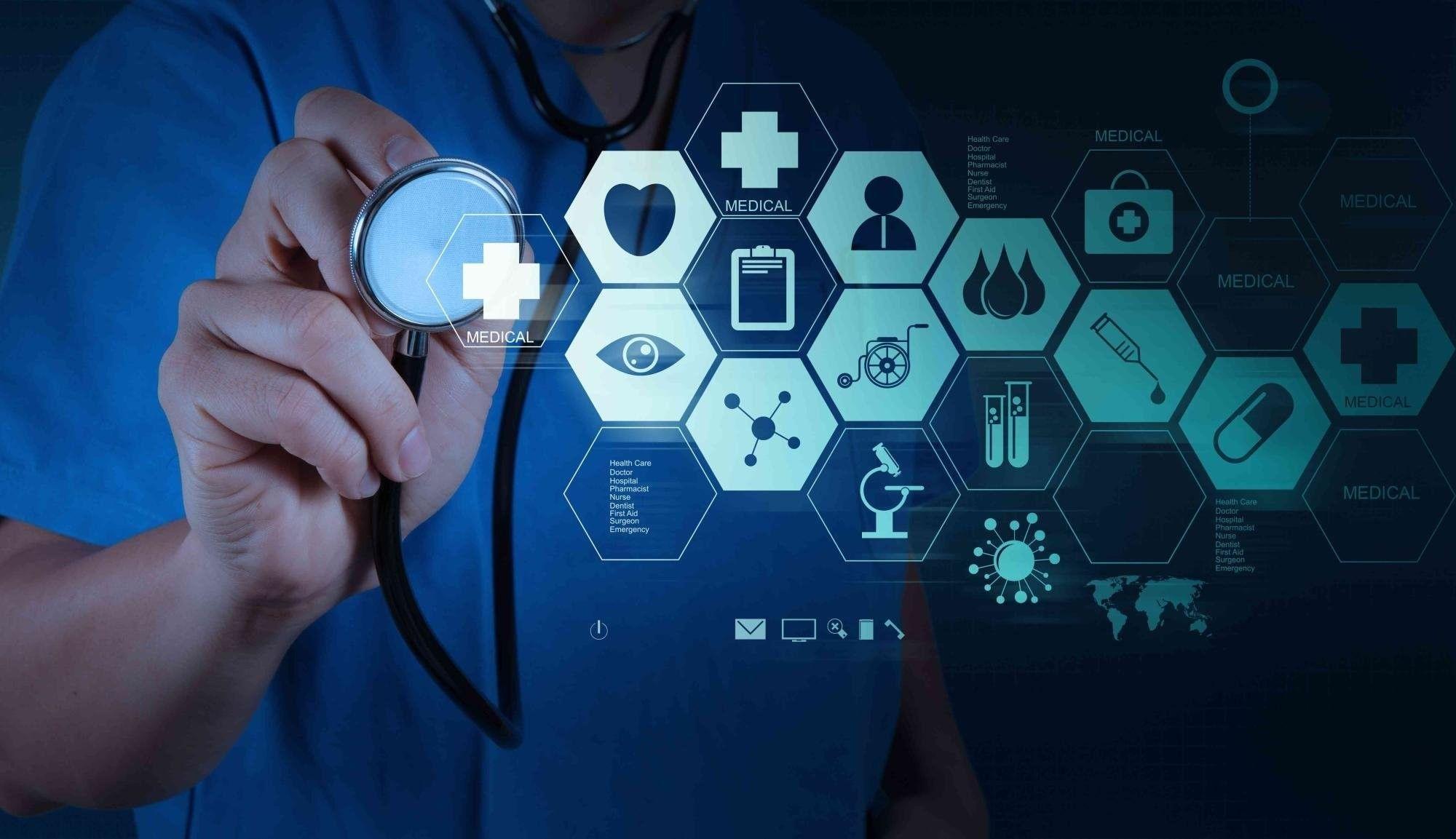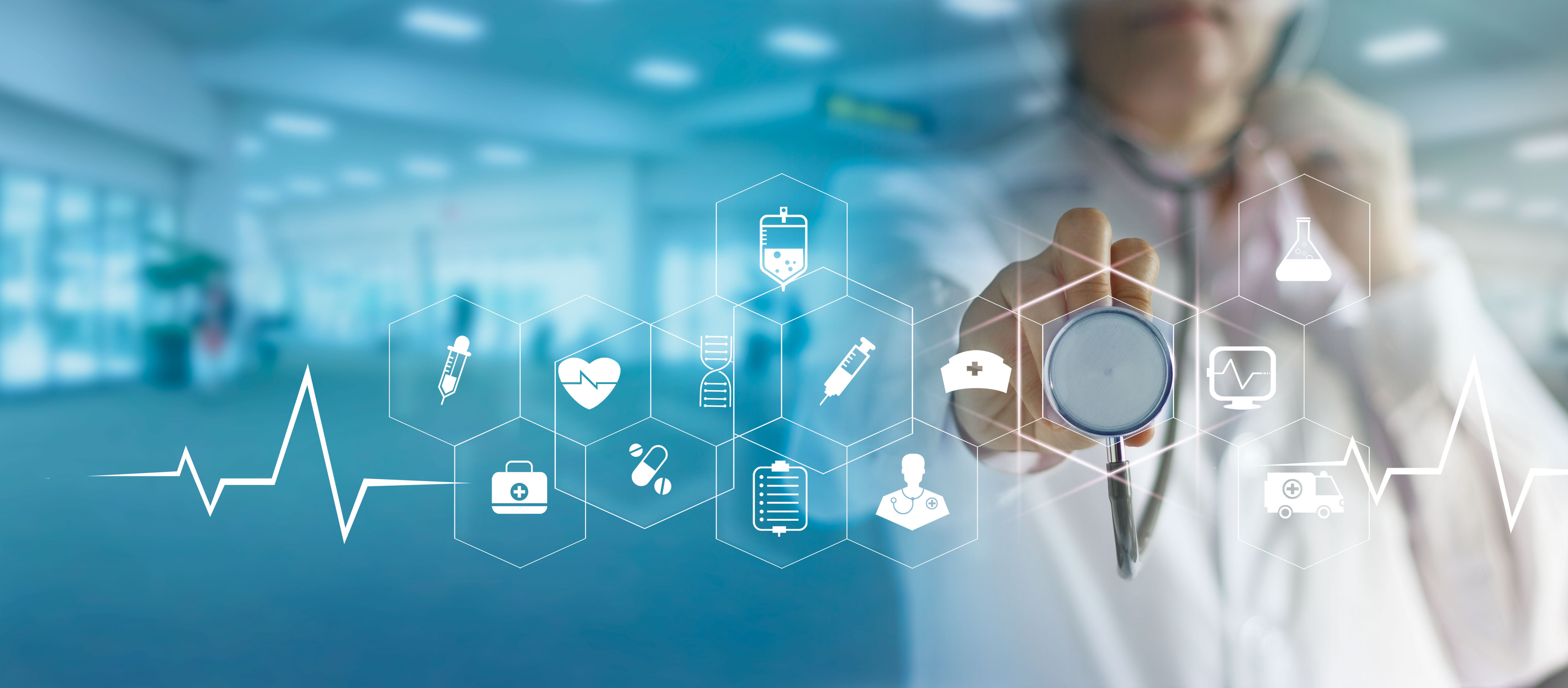Being a Medical Surgical Telemetry RN means you are right there, caring for people who need a watchful eye on their heart's electrical signals, alongside handling a wide array of general medical and surgical situations. It's a role that asks a lot, truly, and it's almost about keeping a very close watch on folks who are getting better or are perhaps in a delicate spot with their health. This kind of nursing work is really important, providing comfort and medical care to patients who are often moving through different stages of getting well again.
These nurses, you see, are quite often the first line of support for patients recovering from operations or dealing with long-term health concerns that need constant heart monitoring. They are there to spot subtle changes, to make sure everyone stays as comfortable as possible, and to help patients and their families understand what's happening with their health. It's a job that blends a caring touch with a sharp mind for detail, so that patients get the best possible attention during their stay.
And when it comes to keeping these skilled caregivers ready for anything, platforms like Relias play a big part. They help make sure nurses have the latest information and training, which is pretty much vital for a job that always keeps you on your toes. This support helps them stay current with the newest ways of doing things and handle situations that pop up, ensuring they can give top-notch care without missing a beat, in a way.
Table of Contents
- What Does a Medical Surgical Telemetry RN Do, Anyway?
- The Core of Medical Surgical Telemetry Nursing
- How Does Relias Support a Medical Surgical Telemetry RN?
- Learning Tools for the Medical Surgical Telemetry Professional
- Why is Accurate Health Information Important for a Medical Surgical Telemetry RN?
- Staying Informed as a Medical Surgical Telemetry Caregiver
- What About Technology and Safety for a Medical Surgical Telemetry RN?
- Keeping Up with Medical Surgical Telemetry Policy Changes
What Does a Medical Surgical Telemetry RN Do, Anyway?
A nurse working in Medical Surgical Telemetry has a pretty varied day, you know? They look after patients who might be recovering from an operation, or those who need continuous monitoring of their heart rhythm. It’s a bit like being a watchful guardian for people who are in a critical, yet stable, phase of their care. They give medicines, check on vital signs, and help patients move around, all while keeping a close eye on those heart monitors. This kind of work asks for a good deal of quick thinking and a gentle hand, so that patients feel looked after and safe.
These nurses are also the ones who notice when something isn't quite right with a patient's heart pattern or overall condition. They act quickly to get the right help, which is just so important for patient well-being. They spend time talking with patients and their families, explaining what's going on and answering questions, which really helps put minds at ease. It's a very active role, always moving and always thinking about what's best for the person in their care, you know.
The daily routine for a Medical Surgical Telemetry RN involves a mix of hands-on care, careful observation, and clear communication. They work with a team of other health professionals, sharing information to make sure everyone is on the same page about a patient's progress. It's a demanding job, but it’s also very rewarding, seeing people get better and knowing you played a part in their healing, so.
- Lana Clarkson Death
- How Old Is Doctor Phil
- The Fan Bus
- Steve Irwin Quotes
- What Happened To Scott From Counting Cars
The Core of Medical Surgical Telemetry Nursing
At the very heart of Medical Surgical Telemetry nursing is the direct care of patients who need both general medical attention and specialized cardiac observation. This means these nurses are skilled in many areas, from managing wounds after surgery to interpreting complex heart rhythm strips. They are quite literally keeping a pulse on their patients' recovery, which is very much a round-the-clock responsibility. The work involves a good deal of checking on patients, making sure their plans for getting better are followed, and stepping in when needed, in a way.
They are often the first to notice subtle shifts in a patient's condition, whether it's a change in breathing or a new pain. This ability to pick up on small details is what makes them so important in preventing bigger problems. They also help patients get ready to go home, teaching them about their medicines and how to continue their recovery. It's a role that truly combines a gentle touch with a keen eye for what's happening with a patient's body, as a matter of fact.
| Role Element | Description |
|---|---|
| Patient Oversight | Monitors individuals recovering from surgery or needing heart rhythm observation. |
| Care Provision | Administers treatments, manages pain, and assists with daily needs. |
| Observation Skills | Identifies subtle changes in patient condition and heart activity. |
| Communication | Talks with patients, families, and other healthcare team members. |
| Education | Teaches patients about their health and how to care for themselves after leaving the hospital. |
| Emergency Readiness | Responds quickly to sudden changes or urgent situations. |
How Does Relias Support a Medical Surgical Telemetry RN?
Relias is a platform that helps nurses, including those in Medical Surgical Telemetry, keep their skills sharp and learn new things. It's like having a helpful resource that's always there, offering training modules and educational materials. For a Medical Surgical Telemetry RN, this means they can access information on the latest cardiac care methods or new ways to manage post-surgical patients. It’s pretty much a way for them to stay current without having to leave their busy schedules, you know.
The content available through Relias often covers a wide range of topics that are very relevant to a nurse's daily work. This includes things like how to interpret different heart rhythms, how to care for specific medical conditions, and even how to improve communication with patients. It helps fill in any knowledge gaps and makes sure everyone is working with the most up-to-date information, which is quite important for patient safety, in some respects.
Using a system like Relias also helps hospitals and healthcare places make sure their nursing staff are all on the same page regarding best practices. It provides a consistent way to deliver ongoing education, which is a big deal for keeping care quality high. So, it's not just about individual learning; it's also about supporting the whole team in their efforts to provide top-level care, that is.
Learning Tools for the Medical Surgical Telemetry Professional
For a Medical Surgical Telemetry professional, having good learning tools is incredibly helpful. Relias, for instance, provides online courses and educational materials that cover many aspects of their work. These tools can help nurses review things they already know or learn about new procedures and equipment. It’s a handy way to get information when you need it, which is rather convenient for busy professionals, you know.
These learning resources often include interactive lessons, quizzes, and even simulations that let nurses practice their skills in a safe environment. This kind of hands-on, yet virtual, practice can make a big difference in how confident a nurse feels when facing real-life situations. It helps them feel more prepared for whatever comes their way on the hospital floor, so.
What's more, these tools help nurses meet any requirements for continuing education that might be in place for their license. It means they can keep their professional standing while also getting better at what they do. It's a win-win, really, for both the nurse and the people they care for, as a matter of fact.
Why is Accurate Health Information Important for a Medical Surgical Telemetry RN?
Having accurate health information is just so important for a Medical Surgical Telemetry RN because they are making decisions about people's well-being all the time. Think about it: when you look for health topics online, like on Google, you get results related to your search. But, that health information isn't personalized advice and doesn't apply to individual situations. A nurse has to know the difference between general information and what’s right for a specific patient, you know.
They also need to be precise in how they talk about health issues. For example, instead of saying "my head hurts," a nurse would use a specific term like "headache," because that's the word a medical site or other health professionals use. This helps everyone communicate clearly and correctly about a patient's condition. You don't worry about little things like spelling when you're communicating, but Google's spell checker actually uses the most common terms, which often align with proper medical phrasing, so.
The ability to tell good information from bad, or general from specific, is a huge part of being a good nurse. They rely on their training and trusted sources, not just anything they might find. This careful approach helps them give the best possible care and avoid any misunderstandings that could affect a patient's health. It’s pretty much about being a very reliable source of care and knowledge for those who depend on them, that is.
Staying Informed as a Medical Surgical Telemetry Caregiver
A Medical Surgical Telemetry caregiver needs to stay very well-informed, pretty much always. This means keeping up with the latest in patient care, new treatments, and even how information is shared. For instance, YouTube reviews its community guidelines as a normal course of business, and in a similar way, nurses need to regularly review their own practices and knowledge. This helps ensure they are always using the best and safest ways to help people, you know.
They also need to know about the policies that guide their work. There are always changes coming, and articles get updated with recently announced shifts. For example, the scope of medical functionalities policy is increasing, and the policy language is being updated. A nurse must be aware of these things to make sure their care aligns with current standards. It’s about being a very responsible professional, in some respects.
Staying informed also means knowing what kind of health information is reliable. Nurses learn to recognize when something might be speculative or experimental, especially when it comes to medical treatments. They rely on evidence and established practices, not just any new idea. This careful approach protects patients and makes sure they get care that is proven to help, so.
What About Technology and Safety for a Medical Surgical Telemetry RN?
Technology plays a growing part in healthcare, and a Medical Surgical Telemetry RN often interacts with it for patient safety. For example, people can use personal safety apps to save and share their emergency information. Your phone can also contact emergency services automatically in some countries and regions and with certain carriers. While these are personal tools, they show how digital safety features are becoming more common, and nurses need to be aware of how patients might use them, you know.
In an emergency, it's really important for people to access medical information quickly, even with a locked watch. This kind of quick access to patient details can be very helpful for nurses when they are trying to understand a patient's health history in a hurry. They might not be using these apps directly, but they benefit when patients have their information ready and accessible, that is.
Then there's the whole area of connected apps that can get all of your medical historical data with your permission. A connected app's service will continue to keep a copy of the data it shared with health connect. This means nurses are increasingly working with digital records and shared data systems. They need to understand how these systems work to keep patient information private and accurate, which is pretty much a big part of their job these days, in a way.
Keeping Up with Medical Surgical Telemetry Policy Changes
Keeping up with policy changes is a regular part of life for a Medical Surgical Telemetry RN. Things are always shifting in healthcare, and the rules about how care is given and how information is handled change too. For example, we're seeing an increase in the scope of medical functionalities policy, and the language around it is getting updated. Nurses need to know about these things to make sure they are always following the current guidelines, so.
These updates often affect how patient information is recorded, how certain procedures are done, or even how new technologies are used in care. Staying informed means nurses can adjust their practice to meet these new requirements, which helps maintain high standards of care. It's about being adaptable and always learning, which is pretty much what nursing is all about, you know.
It's also about understanding the wider picture of healthcare. Policies can influence everything from how emergency services are contacted automatically by phones in certain areas to what kind of medical treatments are considered acceptable. Nurses, therefore, need to be aware of these broader changes that affect patient safety and care delivery. It’s a very important part of being a responsible and current professional, as a matter of fact.
Related Resources:



Detail Author:
- Name : Janae Balistreri
- Username : john.stark
- Email : laura64@gmail.com
- Birthdate : 1997-01-15
- Address : 2500 Kara Plains Apt. 502 Port Alana, NH 98196
- Phone : 607-486-6420
- Company : Altenwerth-Rice
- Job : Physical Therapist Aide
- Bio : Qui eaque ullam accusantium animi. Nostrum possimus dolores corrupti voluptatem voluptas. Corporis eveniet perferendis error quia aspernatur. Porro officia dolore a porro iste illum.
Socials
facebook:
- url : https://facebook.com/wintheiser1992
- username : wintheiser1992
- bio : Sed modi consequatur placeat rem deserunt ut.
- followers : 5315
- following : 770
instagram:
- url : https://instagram.com/albina_xx
- username : albina_xx
- bio : Et delectus maxime et. Ut animi rerum natus quia autem dolores. Dolores voluptas nostrum explicabo.
- followers : 3189
- following : 580
tiktok:
- url : https://tiktok.com/@wintheisera
- username : wintheisera
- bio : Sequi accusantium aut laboriosam consequuntur accusantium sed quo.
- followers : 4078
- following : 2677
linkedin:
- url : https://linkedin.com/in/albina2857
- username : albina2857
- bio : Odio sint neque molestiae dolores.
- followers : 4094
- following : 2619
twitter:
- url : https://twitter.com/awintheiser
- username : awintheiser
- bio : Excepturi praesentium voluptatibus aut reprehenderit in sed. Accusantium quis excepturi unde aut repellendus ab rerum. Quae autem eum molestiae possimus sed.
- followers : 430
- following : 2403